Daikan: an indicator that winter is at its peak
January 20 is called "Daikan" (大寒) , the coldest term of the winter

"Daikan" (大寒) is one of the 24 solar terms in the traditional Japanese calendar, which is based on the lunar calendar. Each solar term marks a specific astronomical event or natural phenomenon and helps guide agricultural activities.
"Daikan" typically falls around January 20th and signifies the coldest period of winter. It is the 11th solar term in the Japanese calendar, counting from winter solstice. During Daikan, people traditionally prepare for the coldest weather, and it serves as an indicator that winter is at its peak. The term is composed of two characters: "大" (dai) meaning "big" or "great," and "寒" (kan) meaning "cold."
In modern times, the Japanese calendar has largely been replaced by the Gregorian calendar for official and everyday use, but the traditional solar terms are still referenced in various cultural practices, including agriculture and seasonal festivals.
During the Daikan period, people traditionally consume foods that provide warmth and energy.
Some of the foods associated with this season include:
Nabe (Hot Pot):
Hot pot dishes are popular during winter, and they become particularly prominent during Daikan. Various ingredients like thinly sliced meat (such as pork or beef), tofu, vegetables, and sometimes noodles are cooked in a simmering broth at the table. This communal meal is not only delicious but also provides warmth.
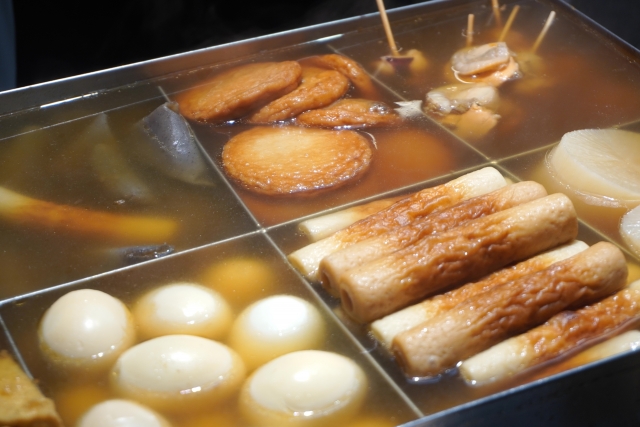
Oden:
Oden is a traditional Japanese winter dish that consists of various ingredients, such as boiled eggs, daikon radish, konnyaku (a type of yam cake), and fish cakes, simmered in a soy-based broth. It is often enjoyed with a side of hot mustard.
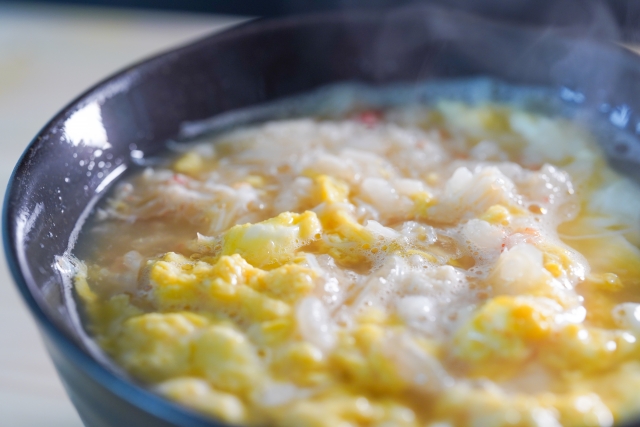
Zosui (rice porridge):
Zosui is a comforting rice porridge often made with leftover rice and various ingredients like vegetables, meat, and sometimes seafood. It's a warm and filling dish that is perfect for cold winter nights.
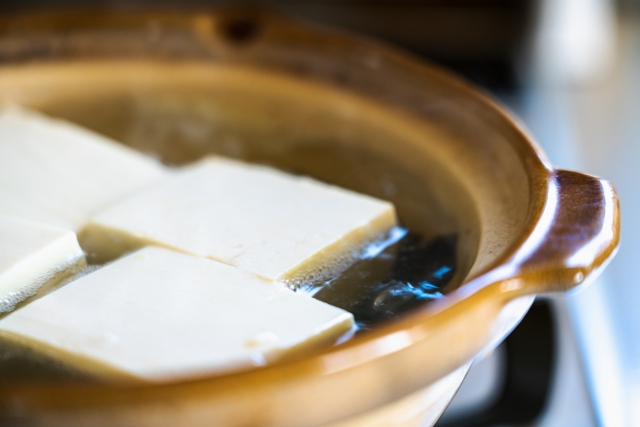
Yudofu (boiled tofu):
Yudofu is a simple and healthy dish where tofu is simmered in a light broth. It is often seasoned with soy sauce and enjoyed with condiments like green onions and grated ginger.
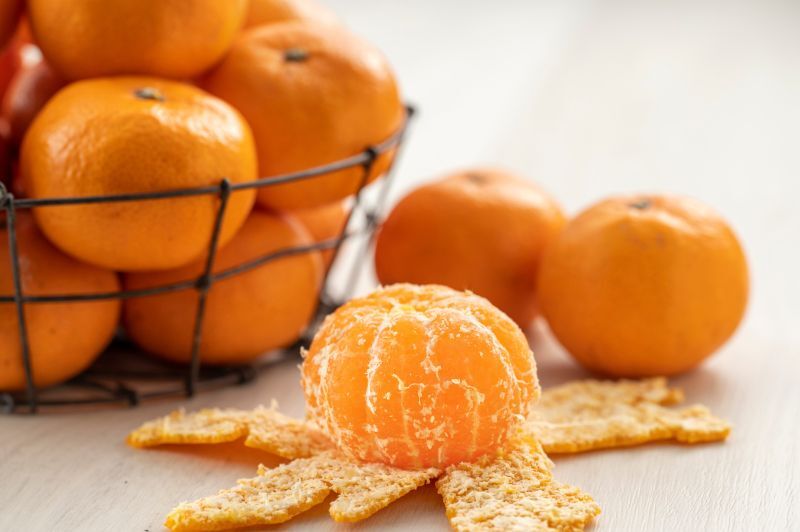
Mikan (mandarin oranges):
While not a hot dish, mikan or mandarin oranges are in season during winter in Japan and are often enjoyed as a refreshing and vitamin-packed dessert or snack.
These foods are not only delicious but also thought to provide nourishment and warmth during the coldest days of winter. Keep in mind that food preferences can vary among individuals and regions in Japan, so the above list is a general representation of traditional winter foods.

Daikan is the peak of cold weather.
Once it passes, we will gradually begin to feel the spring approaching.
Visit Amazon.com to get Oden

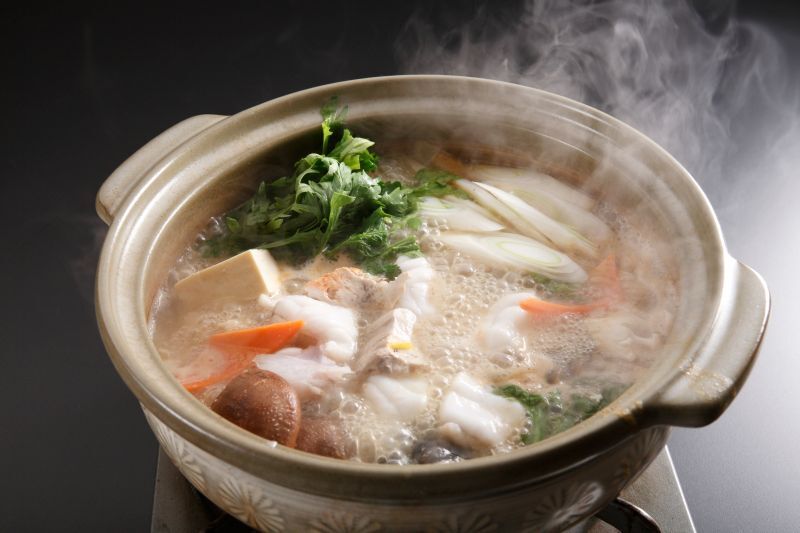
Facebook Comments